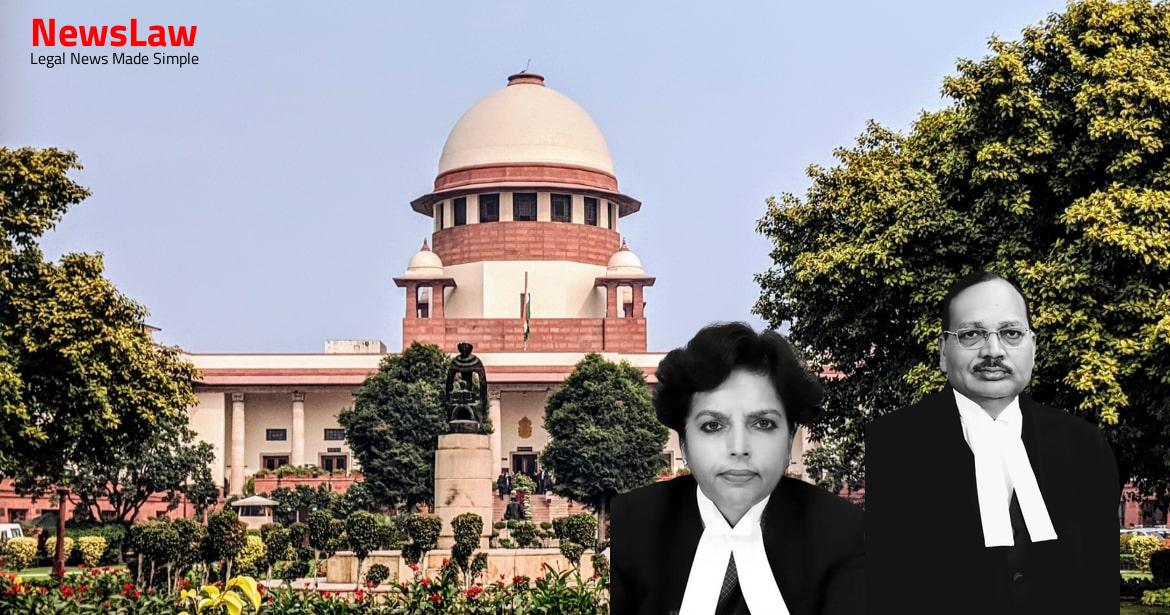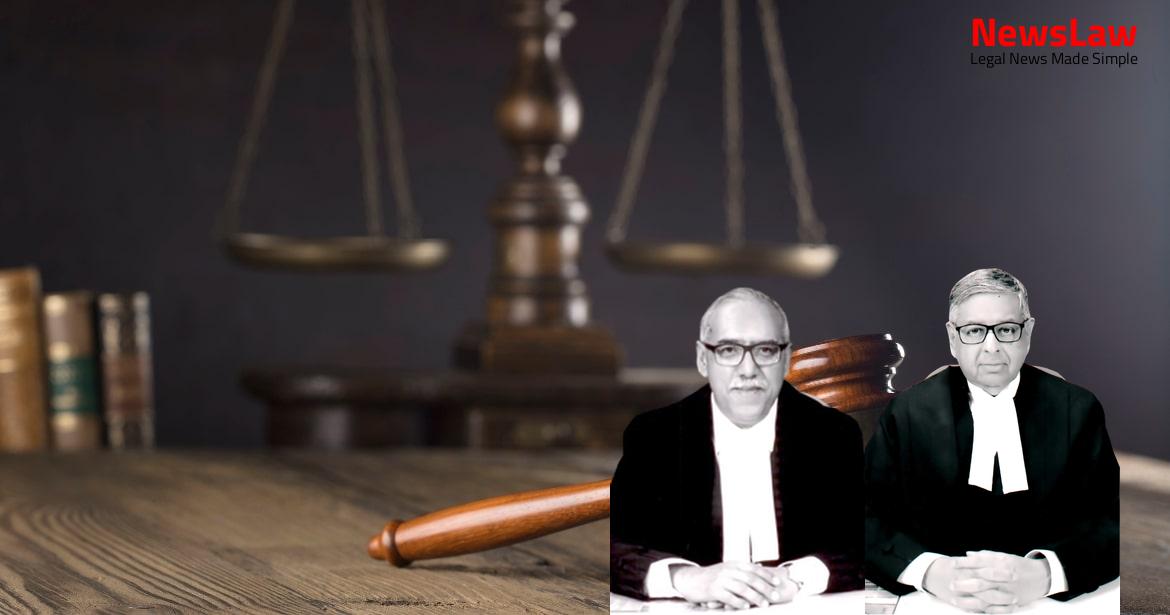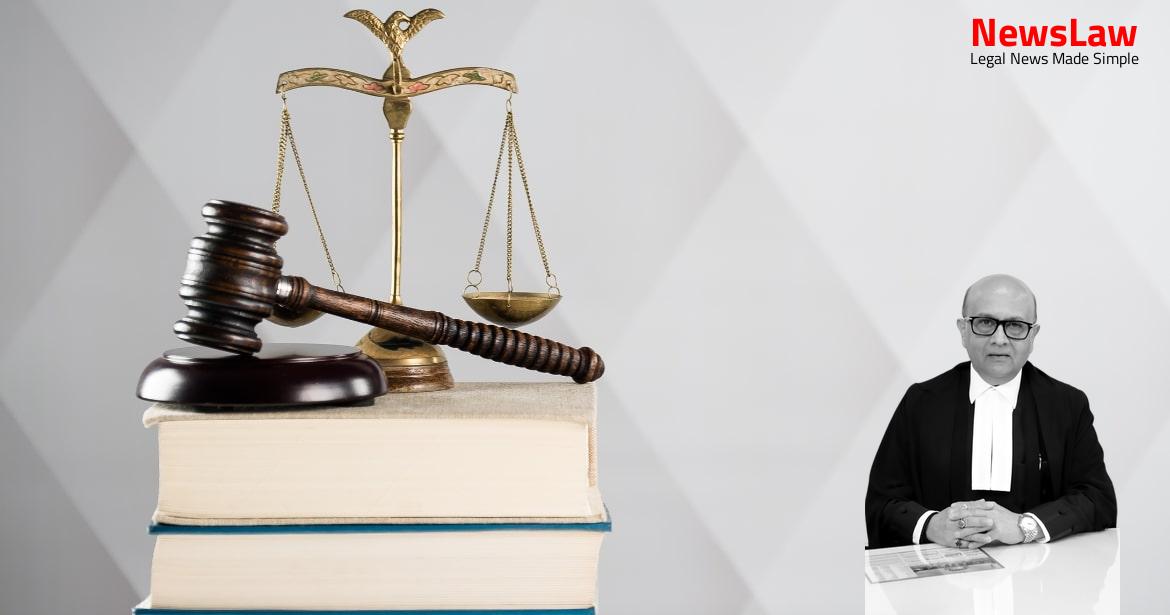Nair on the post of Assistant Manager Grade – ‘A’, to be effective from the date of presentation of the writ petition before the High Court, i.e., 27 September, 2006 and actual promotion from 15 September, 2014, i.e., the last date for compliance of the order of the High Court. The question of reservations in promotions has a chequered history. Rangachari, a constitution bench in a 3:2 decision held that reservations in promotions were permissible. opined: “If equality of opportunity guaranteed under Article 16 (1) means effective material equality, then Article 16 (4) is not an exception to Article 16 (1). While it is certainly just to say that a handicap should be given to backward class of citizens at the stage of initial appointment, it would be a serious and unacceptable inroad into the rule of equality of opportunity to say that such a handicap should be provided at every stage of promotion throughout their career. At the initial stage of recruitment reservation can be made in favour of backward class of citizens but once they enter the service, efficiency of administration demands that these members too compete with others and earn promotion like all others; no further distinction can be made thereafter with reference to their “birth- mark”, as one of the learned Judges of this Court has said in another connection. It is well-known that direct recruitment takes place at several higher levels of administration and not merely at the level of Class IV and Class III. However, it would not be permissible to prescribe lower qualifying marks or a lesser level of evaluation for the members of reserved categories since that would compromise the efficiency of administration. We reiterate that while it may be permissible to prescribe a reasonably lesser qualifying marks or evaluation for the OBCs, SCs and STs — consistent with the efficiency of administration and the nature of duties attaching to the office concerned — in the matter of direct recruitment, such a course would not be permissible in the matter of promotions for the reasons recorded hereinabove.”
Also Read: https://newslaw.in/supreme-court/legal-analysis-of-claim-for-loss-of-profit-in-delayed-contract/
b.
There is no warrant in Article 16(4) to conclude from the expression ‘reservation of appointments or posts’ that reservation extends not merely to the initial appointment, but to every stage of promotion. The reservation permissible under Article 16(4) can only be “in favour of any backward class of citizens” and not for individuals. Article 16(1) guarantees a right to an individual citizen whereas Article 16(4) permits protective discrimination in favour of a class. An individual citizen’s 5 right guaranteed under Article 16(1) can only be curtailed by providing reservations for a ‘backward class’ and not for backward individuals. 587) “Although Article 16(4), which in substance is an exception to Articles 16(1) and 16(2) and should, therefore, be strictly construed, the court cannot in construing it overlook the extreme solicitude shown by the Constitution for the advancement of socially and educationally backward classes of citizens.
The scope of Article 16(4), though not as extensive as that of Article 16(1) and (2), — and some of the matters relating to employment such as salary, increment, gratuity, pension and the age of superannuation, must fall outside its non-obstante clause, there can be no doubt that it must include appointments and posts in the services. The inevitable result, in all fields of administration, of this phenomenon is the natural equanimity, heart- burning, frustration, lack of interest in work and indifference to the duties, disrespect to the superiors, dishonour of the authority and an atmosphere of constant bickerings and hostility in the administration. The efficiency to which the majority has referred is with respect to the qualifications of those who would be promoted in the reserved quota.” That is why less rigorous test or lesser marks and competition amongst the class of unequals at the point of entry has been approved both by this Court and American courts. After entry in service the class is one, that of employees.
And the length of service, the seniority in cadre of one group, to be specific the forward group, is not as a result of any historical injustice or undue advantage earned by his forefather or discrimination against the backward class, but because of the years of service that are put by an employee, in his individual capacity. But once in “order to treat some persons equally, we must treat them differently”
[57 L Ed 2d 750 : 438 US 265 (1978)] has been done and advantaged and disadvantaged are made equal and are brought in one class or group then any further benefit extended for promotion on the inequality existing prior to be brought in the group would be treating equals unequally. But any reservation or affirmative action on economic criteria or wealth discrimination cannot be upheld under doctrine of reasonable classification. The rationale for such a conclusion was that reservations in promotions would have a deleterious effect on the efficiency of services: firstly, they would stifle the spirit to work amongst the reserved candidates, and would amount to creation of a permanent separate category. Clause (4-A) reads as follows: “Nothing in this article shall prevent the State from making any provision for reservation in matters of promotion to any class or classes of posts in the services under the State in favour of the Scheduled Castes and the Scheduled Tribes which, in the opinion of the State, are not adequately represented in the services under the State.”
Additionally, the Statement of Objects and Reasons for the 77 Constitutional Amendment Act, 1995, reads as follows: “The Scheduled Castes and the Scheduled Tribes have been enjoying the facility of reservation in promotion since 1955. In view of the commitment of the Government to protect the interests of the Scheduled Castes and the Scheduled Tribes, the government has decided to continue the existing policy of reservation in promotion for the Scheduled Castes and the Scheduled Tribes. A perusal of Indra Sawhney [1992 Supp (3) SCC 217 : 1992 SCC (L&S) Supp 1 : (1992) 22 ATC 385 : AIR 1993 SC 477] would reveal that the ceiling of 50% reservation applies only to reservation in favour of Other Backward Classes under Article 16(4) of the Constitution of India whereas the reservation in favour of persons with disabilities is horizontal, 10 which is under Article 16(1) of the Constitution. There are two types of reservations, which may, for the sake of convenience, be referred to as ‘vertical reservations’ and ‘horizontal reservations’. Even after providing for these horizontal reservations, the percentage of reservations in favour of backward class of citizens remains—and should remain—the same.”” This judgment did not discuss reservations in ‘promotions’, but confined its pronouncement to initial appointments only. Article 16(4) does not disable the State from providing differential treatment (reservations) to other classes of citizens under Article 16(1) [ As per Indra Sawhney case, 1992 Supp (3) SCC 217, Article 16(4) is a subset of Article 16(1).] if they otherwise deserve such treatment.
Once a post is identified, it means that a PWD is fully capable of discharging the functions associated with the identified post.
Union of India, 1992 Supp (3) SCC 215 : 1992 SCC (L&S) Supp 482] dealt with a different problem and, therefore, cannot be followed.” 12 9.
Ravi Prakash Gupta, (2010) 7 SCC 626 : (2010) 2 SCC (L&S) 448] and Union of India v. Union of India, (2016) 13 SCC 153 : (2017) 2 SCC (L&S) 605] in para 24 to the effect : (Rajeev Kumar Gupta case [Rajeev Kumar Gupta v. Whether reservation under Section 33 of the 1995 Act is dependent upon identification of posts as stipulated by Section 32? Ravi Prakash Gupta, (2010) 7 SCC 626 : (2010) 2 SCC (L&S) 448] also, this Court mandated the identification of posts for purposes of reservation.
Case Title: RESERVE BANK OF INDIA Vs. A K NAIR (2023 INSC 613)
Case Number: C.A. No.-000529-000529 / 2023



